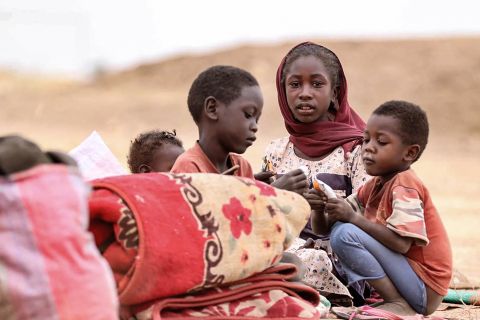53 of Jordan's 80 parliament members have addressed a message to King Abdullah II calling for a change in the government led by Abdul Rauf al-Rawabdeh. These MPs call for a "national salvation" government, a move that political analysts consider a test of their influence on the government. The Jordanian prime minister has been strongly criticized for failing to accelerate economic growth, assigning high political posts to persons from his own northern region, and pursuing policies that perpetuate discrimination.
Although the Parliament cannot officially withdraw confidence from the government prior to the opening of its session in November, these politicians hope that the young king will use his constitutional authorities to remove the al-Rawabdeh’s cabinet. Such expectation, however, is likely to falter. Even it is not .... the scenario...Abdullah is due to chair a Cabinet meeting wherein he will attack the Parliament and reaffirm his backing for the al-Rawabdeh-led government.
This latest episode represents a further saga in the Prime Minister's turmoil-laden year in office. Earlier this year, al-Rawabdeh escaped corruption allegations concerning an attempt to receive a $21 million bribe through his son. Time and again, al-Rawabdeh has counted on his vast legislative experience and support from King Abdullah to survive such purges.
Much of al-Rawabdeh's unpopularity has stemmed from his inability to spark the sluggish economy. Last year, the Kingdom's economy expanded by merely 1.89 percent, while the population grew by 3 percent. Fortunately for its economic wellbeing, Jordan continues to be a beneficiary of tangible foreign aid. Earlier this month, the United Arab Emirates affirmed its commitment to providing the Kingdom with a $200-million grant. These funds will be used to encourage investment projects to alleviate Jordan's unemployment rate, which independent analysts appraise at over 25 percent. The UAE declaration followed a $123-million aid package signed with the European Union. Over $40 million of this assistance will help export-oriented industry adjust to the challenges of globalization.
In the medium-term future, Jordan's hopes to escape from its enduring recession will depend largely on its ability to meet such challenges. This endeavor has become even more acute in light of its accession to the World Trade Organization, which became official on April 12. The country is now aggressively promoting its exports in international markets. Commercial delegations have recently visited Iraq and Pakistan, and similar ventures will continue to promote Jordanian exports with other trading partners.
Jordan's social costs of adjustment have been alleviated by the generous financial aid it receives.
© 2000 Mena Report (www.menareport.com)








